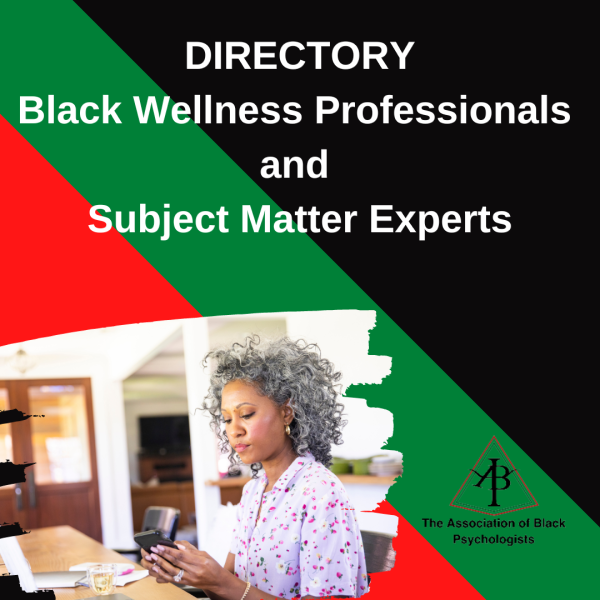Culturally Responsive & Trauma-Informed Training for New Results
“Education intensifies natural gifts and ability, but mere education,
unless founded on a historical and cultural framework, will bear no fruits.” H.I.M. Emperor Haile Selassie I
Disparities in the educational achievements/outcomes (Cunningham, 2020; Love, 2019) and discipline of Afrikan/Black youth (Jackson, 1999; Morris, 2016) have been documented in public schools across the country. The factors that contribute to these undesirable conditions have been attributed to poverty, under-resourced schools with inexperienced teachers, and white supremacy racism, to name a few (Hilliard, 1995; Love, 2019; Morris, 2016).
Not unlike many school districts, the Pittsburgh Public Schools (PPS) have demonstrated little success in the education of Afrikan/Black children (Cunningham, 2020). Their continuous failure to educate Afrikan/Black youth led to the submission of a complaint with the Pennsylvania Human Relations Commission (PHRC) by The Advocates for African American Students in the Pittsburgh Public Schools in 1992.
A long-delayed response by the PHRC resulted in the establishment of an Equity Advisory Board and an Office of ‘Equity charged with facilitating the closing of the achievement gap in 2006. In spite of these efforts, there has been no progress in closing the gap in excellence for Afrikan/Black youth.
Influencing and Affecting Change
An invitation from the PPS to join them on a grant to promote greater safety in the schools led to a contract between PPS and ABPsi. Tapping our expertise in culturally responsive and trauma-informed intervention, ABPsi contracted with PPS to provide five trainings and up to 40 hours of coaching/year on Afrikan-centered, culturally responsive, and trauma-informed topics to school-based mental health professionals and Learning Environment Specialists.
The contract is for a two-year period. in the amount of $188,110. Between August 2021 and March 2022, we implemented five three-hour training sessions supported by an additional four hours of coaching per training for a select group of school-based mental health professionals and Learning Environment Specialists. Training and coaching were provided virtually. The trainings were attended by between 120-150 PPS support staff and community members (Equity Advisory Board).
The ABPsi-PPS initiative is designed to support the development and establishment of an environment that recognizes and appreciates the history, culture, worth and value of students of Afrikan ancestry and enhances the use of community-defined Afrikan-centered strategies for effectively addressing the needs and behaviors of Afrikan/Black youth by school-based mental health professionals and Learning Environment Specialists. During the first year we provided training and coaching on the following topics:
- A Culturally Syntonic Model for Understanding African/Black Youth
- Optimal Ethnic Identity in the Sociopolitical Context of Persistent Complex Trauma
- Culturally Responsive and Trauma Informed Practices with Black Male Students
- African/Black Girls: Moving From Trauma to Hope
- Hurt Bad Not Born Bad: A Culturally Sensitive and Ethical Approach to Addressing Trauma
Driving results
Formative and summative evaluations were implemented following each training and coaching activity and at the conclusion of the first year. Results from these evaluations yielded favorable responses. Respondents found the training to be relevant, helpful, and useful, and stated that trainers were knowledgeable and well organized. Concerns about transfer of knowledge to their colleagues in the school setting, need for additional time, inclusion of teachers, and resistance within the system were identified by respondents.
Schools across the country are in dire shape due to the exigencies and losses created by the COVID-19 pandemic, violence occurring in the schools and in the communities, and staff shortages, as well as other factors. Afrikan/Black faculty and staff are underrepresented in many school districts. Initiatives such as the ABPsi-PPS project provide and opportunity for Afrikan/Black psychologists, educators, and mental health professionals to utilize our knowledge and expertise to influence and enhance the quality of education that Afrikan/Black youth receive.
The Team
The trainers during the first year included Drs. Theopia Jackson, Derek Wilson, Chante DeLoach, and Huberta Jackson-Lowman. Dr. Jackson-Lowman also served as the Scientific and Cultural Content Guide for this initiative. Coaches consisted of Drs. Ray Logan, Amorie Robinson, Tina Russell – Brown, Monique Swift, and Larry Turner. Student interns included Aaron Bethea, Joniesha Hickson, Alonzo Howard, Shanice Martin, and Talia Sterling. Students designed a resource book and program booklet for the PPS participants to reinforce the concepts and information shared during the training.
It is our hope that this initiative will be a model that ABPsi and its chapters can implement in schools throughout the nation.
Wise knots are loosened by wise people. (Akan Proverb)
References
- Cunningham, M. (2020). Pittsburgh Public School District Memorandum of Understanding Report. Commonwealth of Pennsylvania Human Relations Commission.
- Hilliard, A.G. (1995). The maroon within us. Baltimore, MD: Black Classic Press.
- Jackson, J.F. (1999). Underachievement of African American males in the elementary school years: Neglected factors and action imperatives. In R. L. Jones (Ed.) African American children, youth, and parenting. Hampton, VA: Cobb & Henry Publishers.
- Love, B.L. (2019). We want to do more than survive: Abolitionist teaching and the pursuit of educational freedom. Boston: Beacon Press.
- Morris, M.W. (2016). Pushout: The criminalization of Black girls in schools. New York: The New Press.



